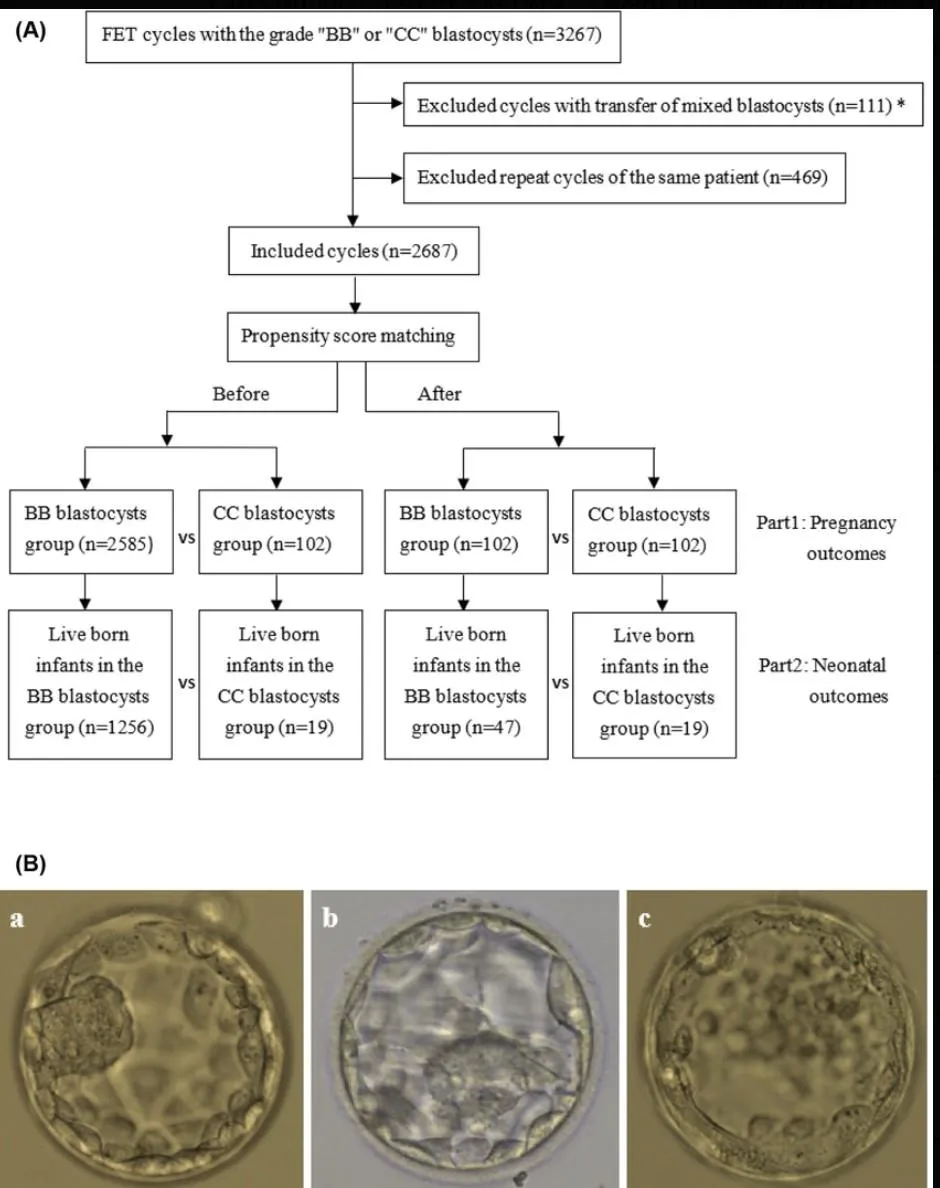
Ultrasound Monitorig
for Your IVF Cycle
For IVF monitoring cycles that are out-of-state of your location
Starting your cycle
Starting an IVF cycle is stressful enough, doing it with an out-of-state provider just increases that stress. That is why we have developed an out-of state monitoring program to help women that need ultrasound monitoring without having to travel to their provider. We follow your physicians instructions and with be able to accommodate your schedule. Most all cycles, whether retrievals or transfers, will need 2-3 ultrasounds during that cycle. All reports can be faxed or emailed to your physician within 2-3 hours after the exam is finished.
To schedule an appointment
Please Call True Health Acupuncture at 702-475-0870
You can also book online on the True Health Acupuncture website.
1481 W Warm Spring Rd #129
Henderson, Nevada 89014
Testimonials
My name is Michelle Aukerman. And I just have to say that Joyce at True Health Acupuncture is probably the best ultrasound technician I have ever had in my life and I’ve been through several. She’s very personal and talks through everything and if something goes wrong, she says OK how do we make this right? What’s the next step we need to take? You don’t hear that from any other ultrasound tech, they're so jaded. The comfort environment at True Health Acupuncture is unmatchable. It does not feel like a doctor's office and everybody is so warm but when it comes to Joyce, she is completely unmatched. It’s like having your own mother right there with you. I highly highly recommend her.
Thank you, the Aukerman’s

Michelle A.
This is the second pregnancy that I came to Joyce for my outside monitoring. I have been very nervous about the whole process, but Joyce guided me through each and every ultrasound. Although the monitoring went smoothly, upon achieving pregnancy I developed some bleeding. Of course, I panicked. Joyce explained everything that was going on with my bleeding and helped me through this anxious time. I don’t know what I would have done without Joyce’s calm demeanor. And the added bonus is having acupuncture treatment right there at True Health Acupuncture, the office Joyce works out of. I will always be truly thankful for the amazing experience that I received from both Joyce and True Health to be a part of my fertility journey.

Sara P.
Joyce is an exceptional individual who made a significant impact during my IVF journey. I had the privilege of meeting her when I needed support, and she was able to perform ultrasounds when our IVF Dr was unable to accommodate us. Her ability to confirm our twin pregnancy was incredibly reassuring. Joyce took the time to explain everything she was observing, which not only made the experience more memorable but also helped alleviate my anxiety. Her compassionate approach truly made a difference in my experience.

Nicole B

Can a C-Grade Blastocyst Still Lead to Pregnancy? What You Need to Know”
When you’re going through IVF, you quickly get introduced to a whole new world of acronyms and grading systems. One term that tends to cause a lot of anxiety is “C-grade blastocyst.” If you’ve been told that your embryo is a C-grade, you might be wondering—“Does this mean my embryo won’t work?”
Let’s break it down in plain language.
🧫 What Is a Blastocyst?
A blastocyst is an embryo that’s developed for about 5 or 6 days after fertilization. By this point, the embryo has hundreds of cells and has begun to differentiate into two parts:
The inner cell mass (ICM): This becomes the baby.
The trophectoderm (TE): This becomes the placenta.
Embryologists grade both of these parts, along with the expansion (how "expanded" the blastocyst is). Grading usually goes from A (best) to C (poorest appearance).
📉 What Does “C-Grade” Mean?
A C-grade blastocyst has cells that may appear irregular, less compact, or slower growing under the microscope. For example:
A BB blast may have a fair-quality inner cell mass and trophectoderm.
A CC blast would have both parts showing less-than-ideal characteristics.
👉 But here’s the key: Embryo grading is only about appearance—not genetics or actual potential.
💡 Can a C-Grade Embryo Still Implant?
Yes. Many people have gotten pregnant and even had healthy babies from C-grade blastocysts. While statistically, higher-grade embryos tend to have higher success rates, C-grade embryos are still viable. In fact, several studies and anecdotal experiences from fertility clinics show that:
Genetically normal (euploid) embryos—even if poorly graded—can implant successfully.
Some embryologists argue that grading is more of a guide than a guarantee.
The uterine environment, embryo genetics, and many unknown factors play a huge role.
🧬 What If It’s a C-Grade But PGT-A Tested?
If you’ve done PGT-A testing (Preimplantation Genetic Testing for Aneuploidy) and the embryo is euploid (chromosomally normal), then the grade matters even less.
✨ Many fertility doctors will say: “I’d rather transfer a C-grade euploid than an A-grade unknown.”
🧘♀️ What Should You Do If You Have a C-Grade Embryo?
Don’t panic. C-grade does not mean your chances are zero.
Talk to your doctor about the embryo’s full context: grading, genetics, your uterine health, and past cycles.
Remember the goal is a healthy baby—not a perfect-looking embryo under a microscope.
